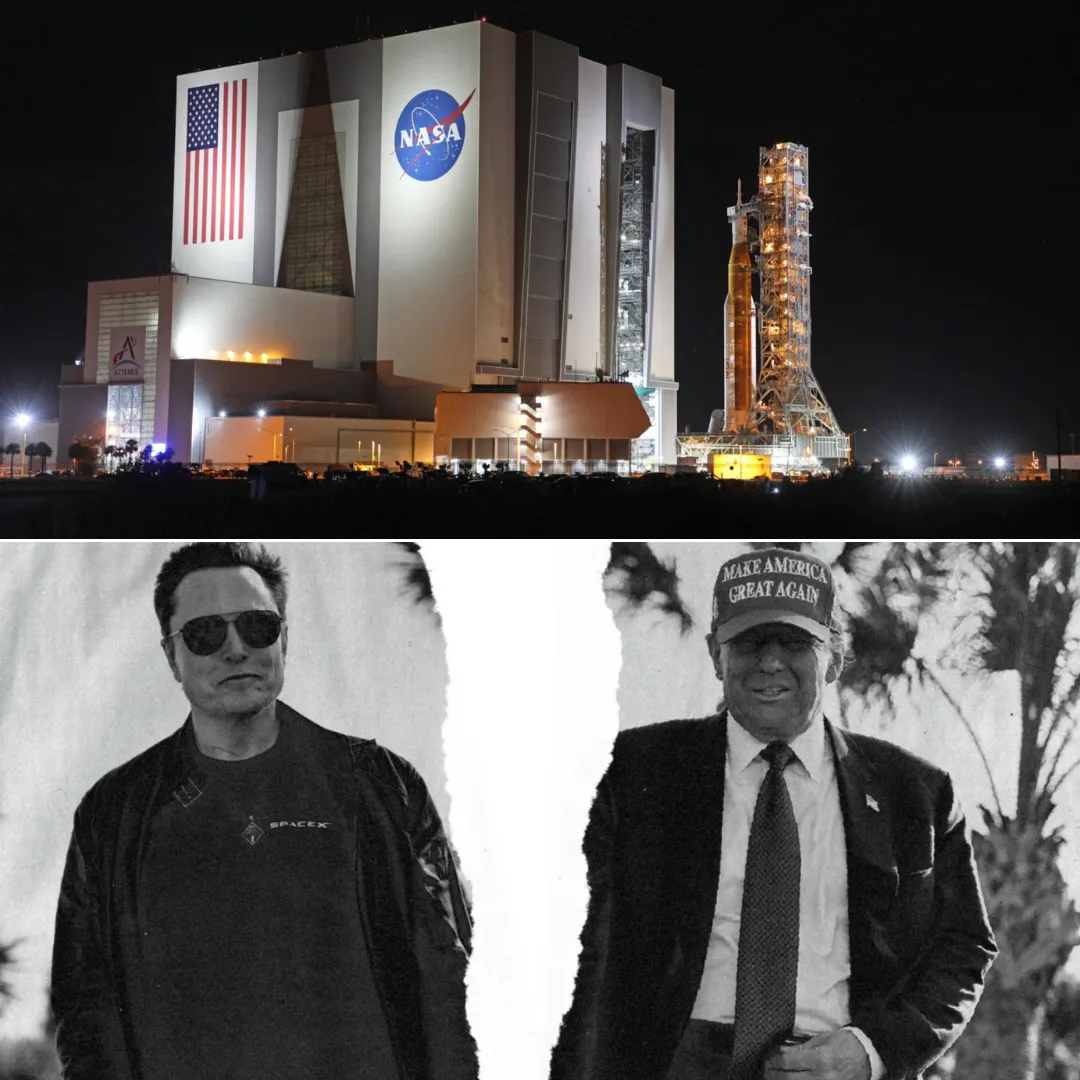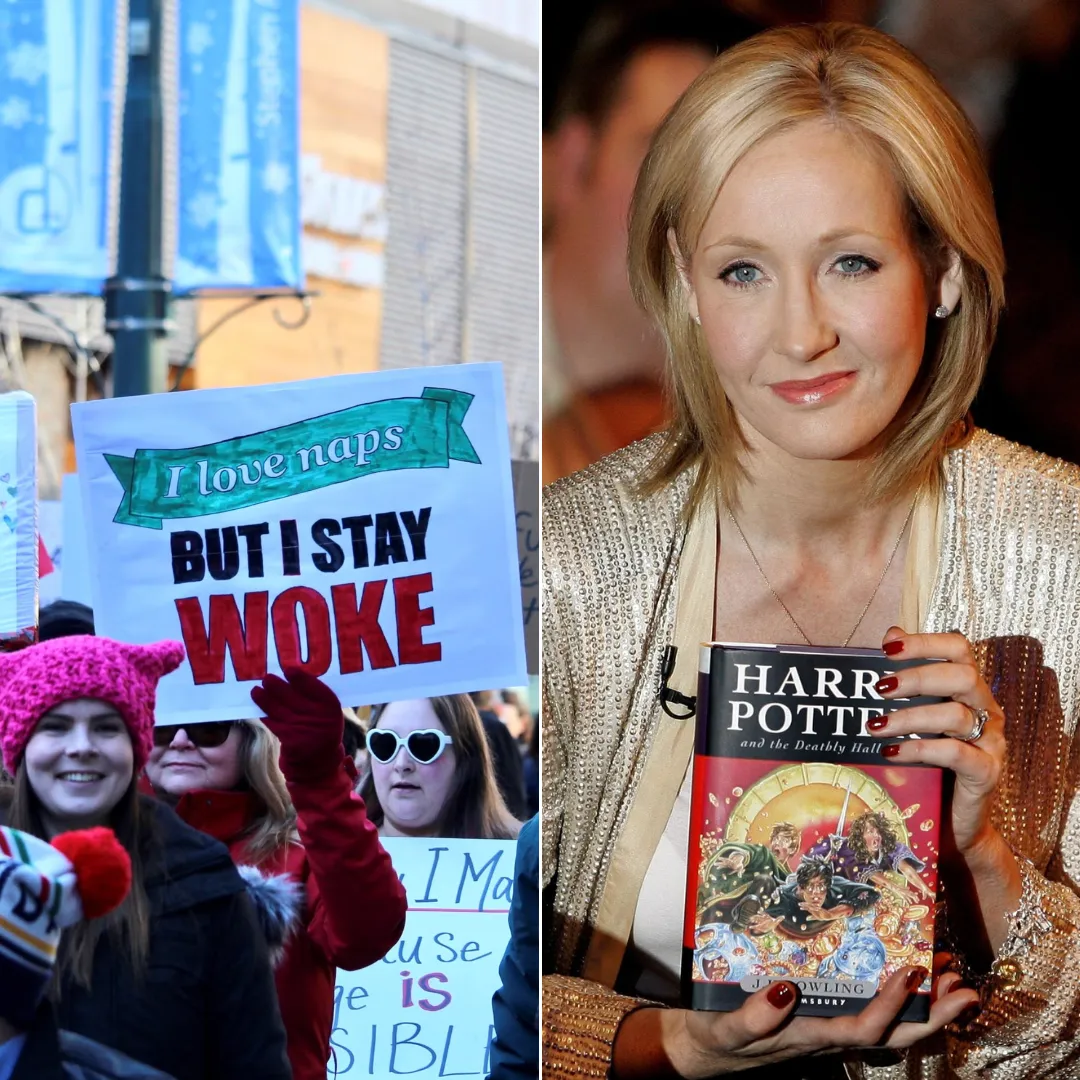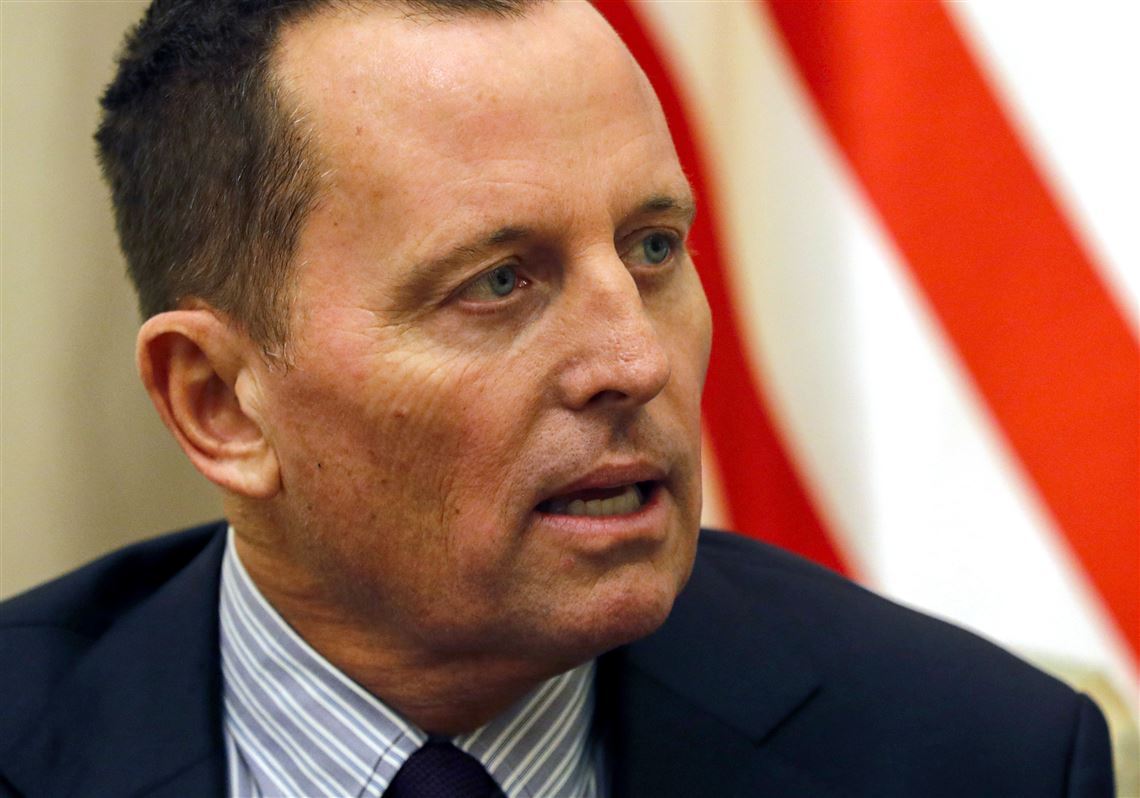
In a candid and controversial interview, Richard Grenell, President of the Kennedy Center and a prominent figure within the Trump administration, claimed that the gay and lesbian community in the United States has "largely achieved equality." The remarks, made during Pride Month, set the stage for an intense debate about the direction of LGBTQ+ politics, especially in relation to the Republican Party.
Grenell’s comments were made during his first media appearance since President Donald Trump faced mixed reactions—both boos and cheers—at the Kennedy Center’s opening night of Les Misérables, a Tony Award-winning musical. Grenell used the opportunity to assert that the gay rights movement had, in large part, met its major goals, and that complaints against the Republican Party now center around what he described as “fringe” issues.
For Grenell, the LGBTQ+ left’s ongoing grievances seem disconnected from the progress made over the years.
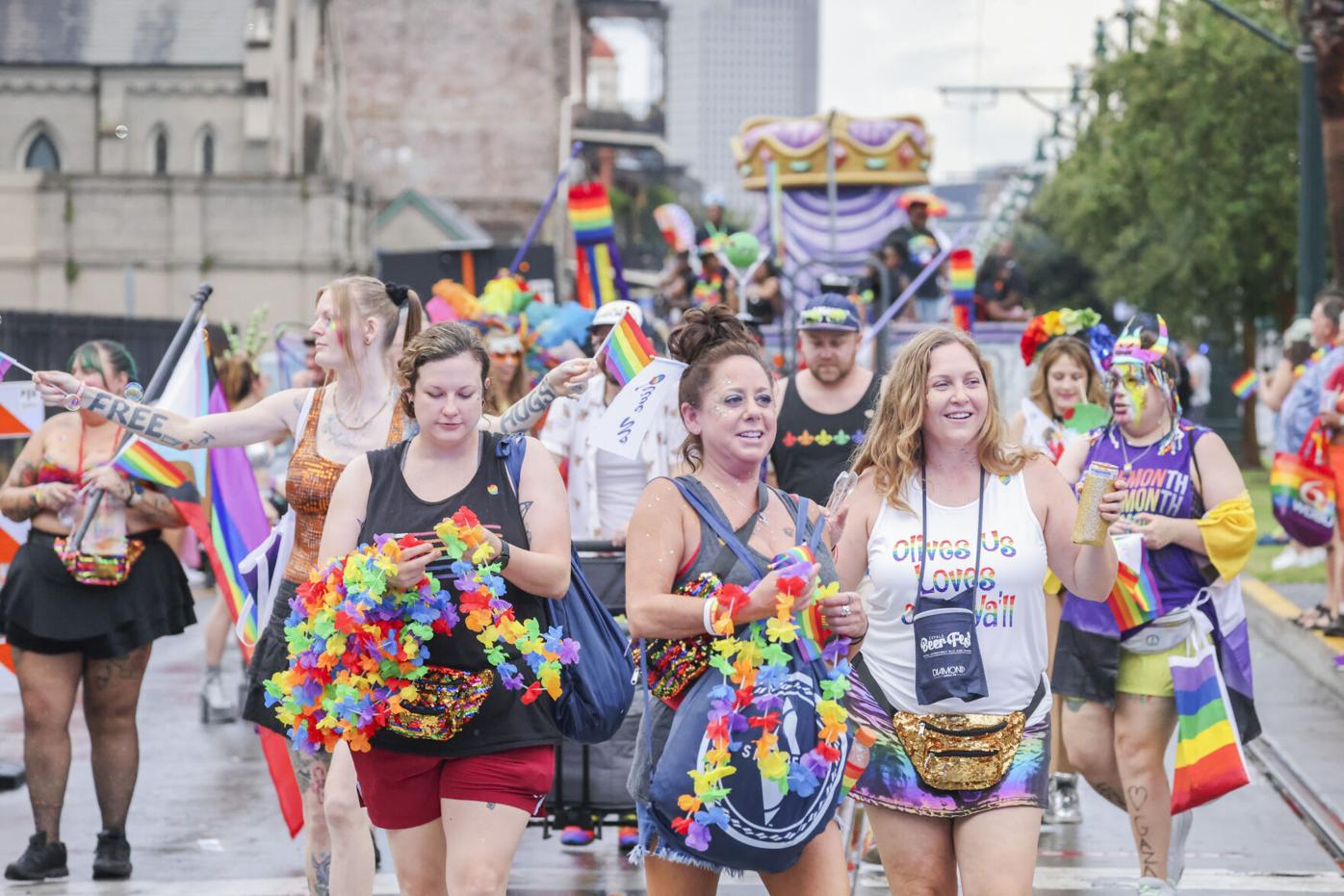
“I think that we have largely achieved equality in this country for gays and lesbians,” Grenell stated. “The gay left knows that, and so therefore, they’re coming up with new gimmicks and fringe stuff to keep the money flowing and to keep the power going within the Democratic Party.”
Grenell's comments about the progress of gay rights may come as a surprise to many in the LGBTQ+ community who continue to push for further recognition, particularly for transgender individuals and non-binary people, as well as for more comprehensive legal protections. However, Grenell’s statement suggests that for him, issues like marriage equality, anti-discrimination laws, and military service have already been resolved, leaving only, as he puts it, “fringe” issues in the debate.
His view is underscored by his belief that the political alignment of gay voters is shifting. He proudly noted that "normal gays" are increasingly voting for Republicans and, most notably, for Donald Trump. “You see normal gays voting for Donald Trump, for Republicans—that’s been happening for years,” Grenell said, pointing to a growing divide within the gay community between those on the progressive left and those leaning toward conservative politics.

The term “normal gays” became a focal point of the interview. When asked by Politico’s Dasha Burns to explain what he meant by the term, Grenell did not hesitate. He clarified that "normal gays" are those who do not endorse the more radical aspects of the LGBTQ+ movement, especially those who advocate for extreme measures such as gender transitions for children.
Grenell pointed to what he perceives as the increasing radicalization of LGBTQ+ activism, particularly with respect to Pride parades. "I mean, you go to a Pride parade and it’s embarrassing to be honest,” Grenell stated, emphasizing that the displays at such events have become “too sexual” and have alienated many in the community.
He argued that “fringe” elements within the Pride movement are overshadowing the central issues of equality and civil rights that the community fought for in previous decades.
“It’s real fringe, and it’s too sexual. I think that we have to start critiquing ourselves,” Grenell continued. “By the way, this is extremely popular with normal gays.” His comment suggests that his critique resonates with a significant portion of the gay community, one that feels increasingly disconnected from the more radical and overtly political elements of LGBTQ+ activism.

Grenell, who served as the U.S. Ambassador to Germany under President Trump, remains a staunch advocate for LGBTQ+ rights, but he believes that the Republican Party offers a better future for gay individuals than the progressive left. In addition to his role as a prominent Trump supporter, Grenell has also been deeply involved in the Republican National Committee’s outreach efforts to the LGBTQ+ community, an effort that has gained traction in recent years as the party works to diversify its base.
His comments also come at a time when Pride Month is being celebrated across the United States. In early June, Hawaii raised its first rainbow flag at the state capitol in Honolulu, following a trend set by Wisconsin, which has flown the LGBT flag at its capitol for six years. The display of rainbow flags in government buildings serves as a reminder of the ongoing visibility of the LGBTQ+ community and the fight for recognition and rights.
However, as states like Hawaii and Wisconsin embrace symbols of LGBTQ+ pride, other states, including Montana, Arizona, Utah, and Idaho, have passed laws restricting the display of non-government flags, including the rainbow flag, on public buildings. These laws reflect the growing polarization of LGBTQ+ rights, with some conservative states pushing back against what they perceive as political correctness or overreach by LGBTQ+ activists.
In response, local governments in more liberal-leaning areas have found ways to circumvent such restrictions. For example, in Utah, the Salt Lake City Council passed an ordinance establishing the rainbow flag as an "official" city flag, allowing it to be flown on government property despite the state's broader ban. Similarly, in Boise, Idaho, Democratic Mayor Lauren McLean issued a proclamation designating the Pride flag as the official flag of the city, once again circumventing state restrictions.
These actions highlight the broader struggle within American politics regarding LGBTQ+ visibility and rights. While some states and cities continue to promote LGBTQ+ pride, others have pushed back against these symbols, arguing that they represent a form of ideological imposition rather than a celebration of civil rights.
For Grenell, the growing divide within the LGBTQ+ community is indicative of a shift in political allegiances. He argues that the gay and lesbian community has already secured the major victories it sought, and that the focus should now be on maintaining those gains rather than expanding the scope of activism into what he considers radical causes.
Grenell’s advocacy for "normality" within the LGBTQ+ movement is rooted in his own personal journey. As a prominent figure within the Trump administration, he has consistently argued that the fight for LGBTQ+ rights was always about seeking equality and acceptance within mainstream society, not about embracing fringe ideologies.
“Look, I think the reality is, is that we have to have normality,” he said. “That’s what we were fighting for in 1993. We kept saying we’re normal, we’re just like you. We just love somebody of the same sex.”
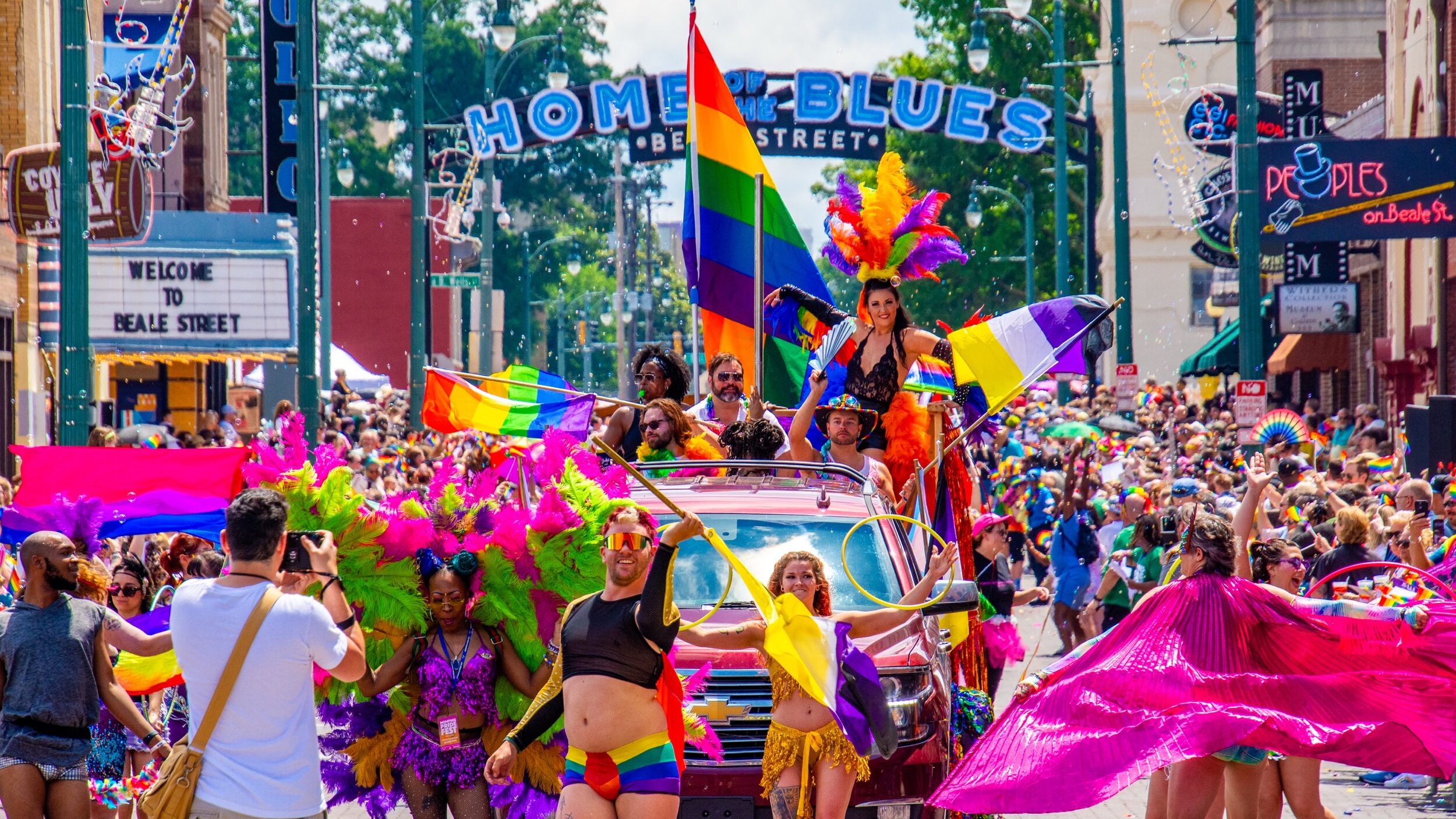
In his view, the more radical aspects of the LGBTQ+ movement risk alienating those who once supported the cause. He believes that many gay Americans, particularly those in the “normal gay” category, are looking for a political home that aligns with their values of personal responsibility and mainstream acceptance.
For Grenell, that home is with the Republican Party and Donald Trump.
The shift Grenell describes is part of a broader realignment within the LGBTQ+ community, as more conservative-leaning gay individuals reject the progressive left’s emphasis on identity politics and instead embrace a more traditional vision of American society. For Grenell, the future of LGBTQ+ politics lies in balancing the pursuit of equality with the desire for stability and mainstream acceptance, which he believes is better represented by the Republican Party.
As Pride Month continues, Grenell’s comments highlight the growing tensions within the LGBTQ+ movement, especially as more gay individuals begin to explore political affiliations outside of the traditionally left-leaning Democratic Party. While his views may be controversial, they reflect a broader conversation about the evolving role of LGBTQ+ rights in American politics, and the ways in which the community’s goals are being shaped by its shifting political landscape.
